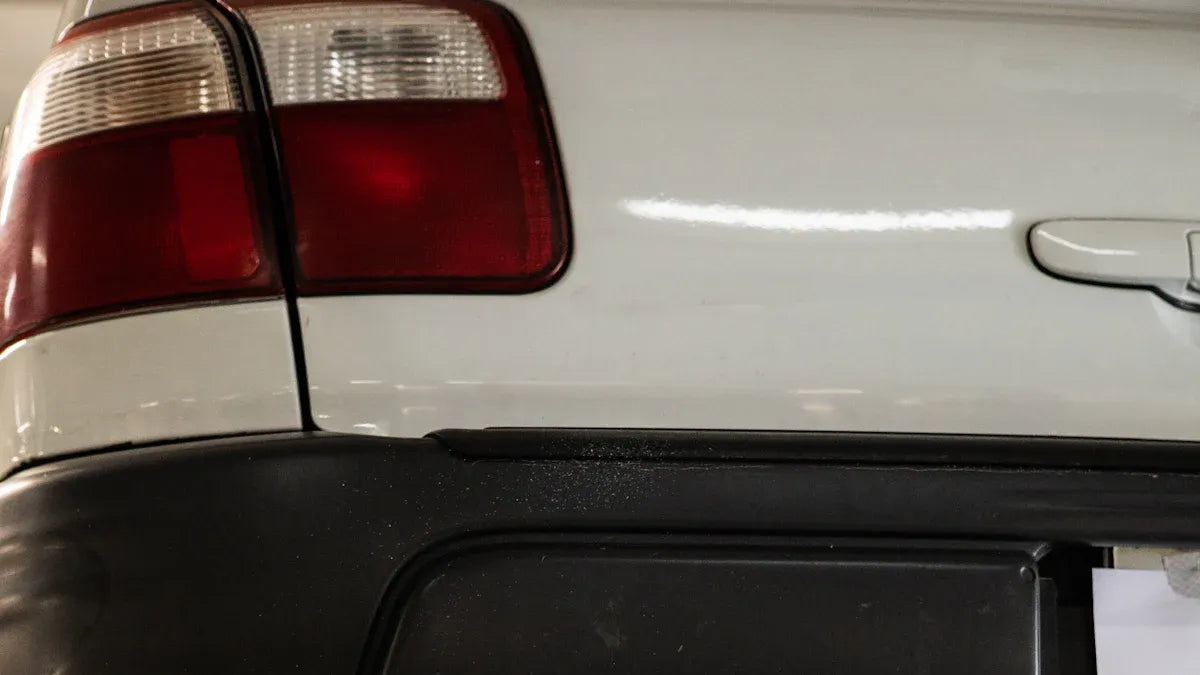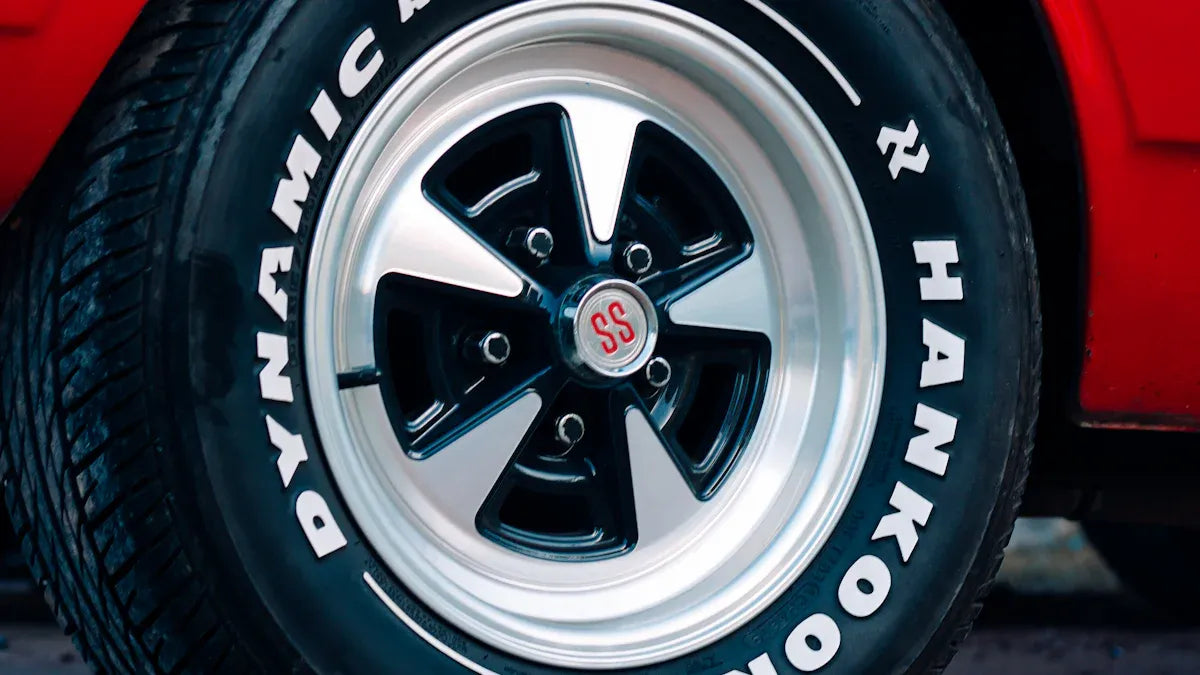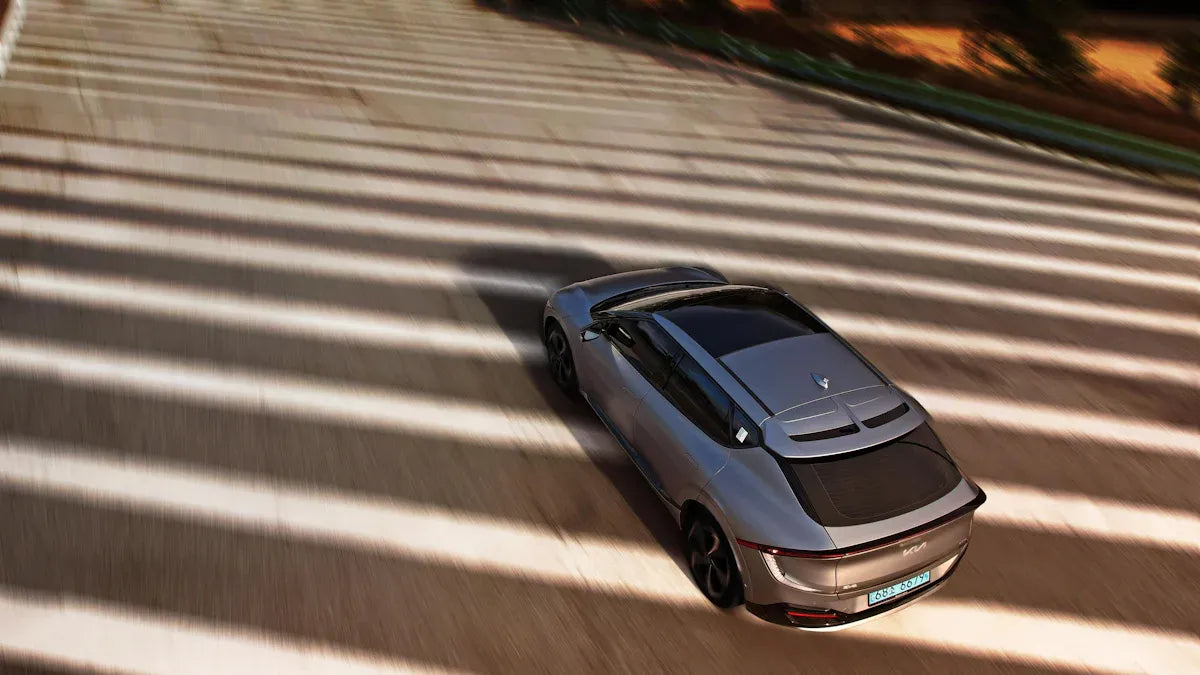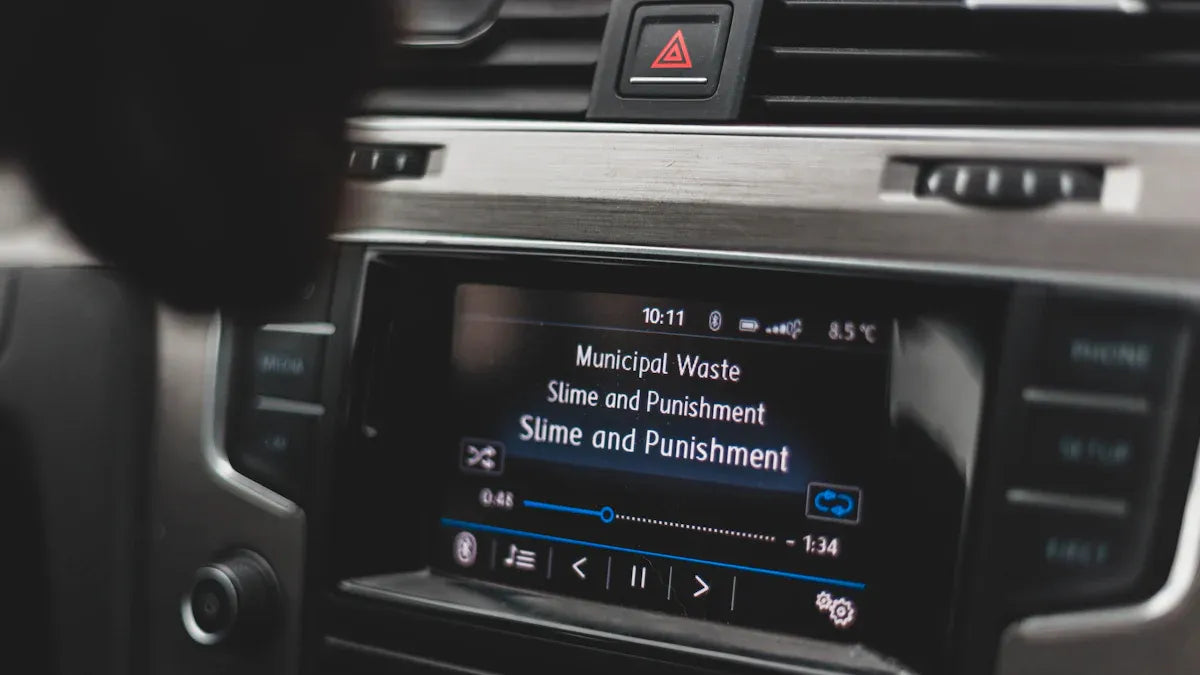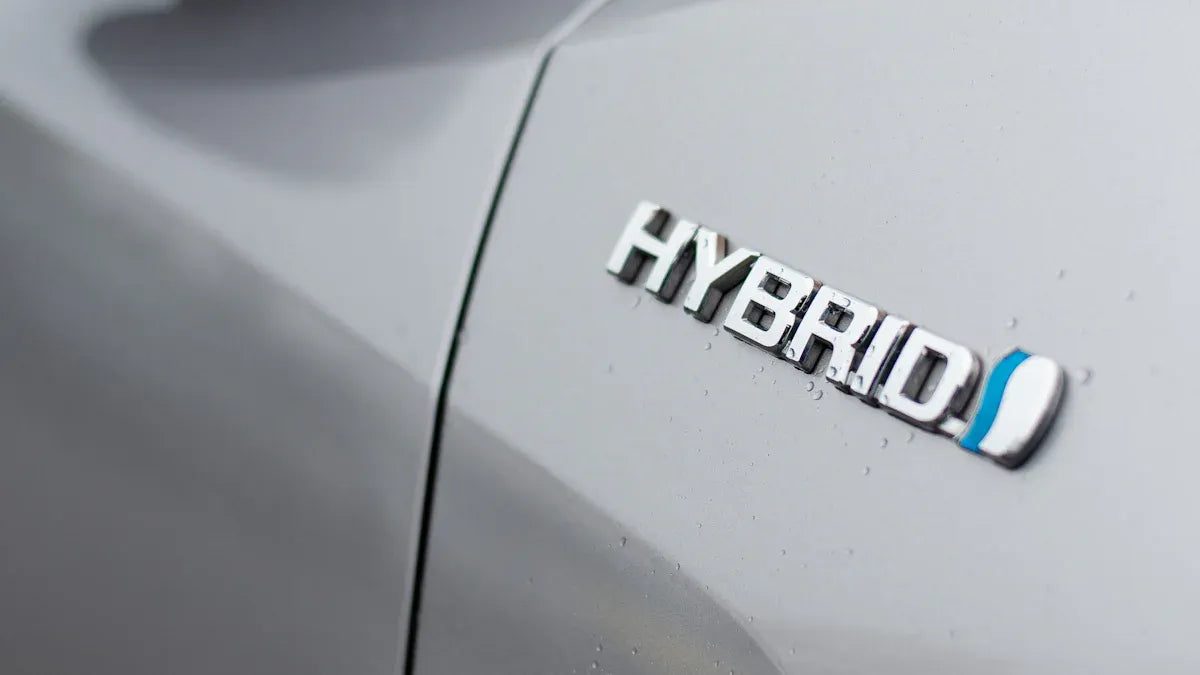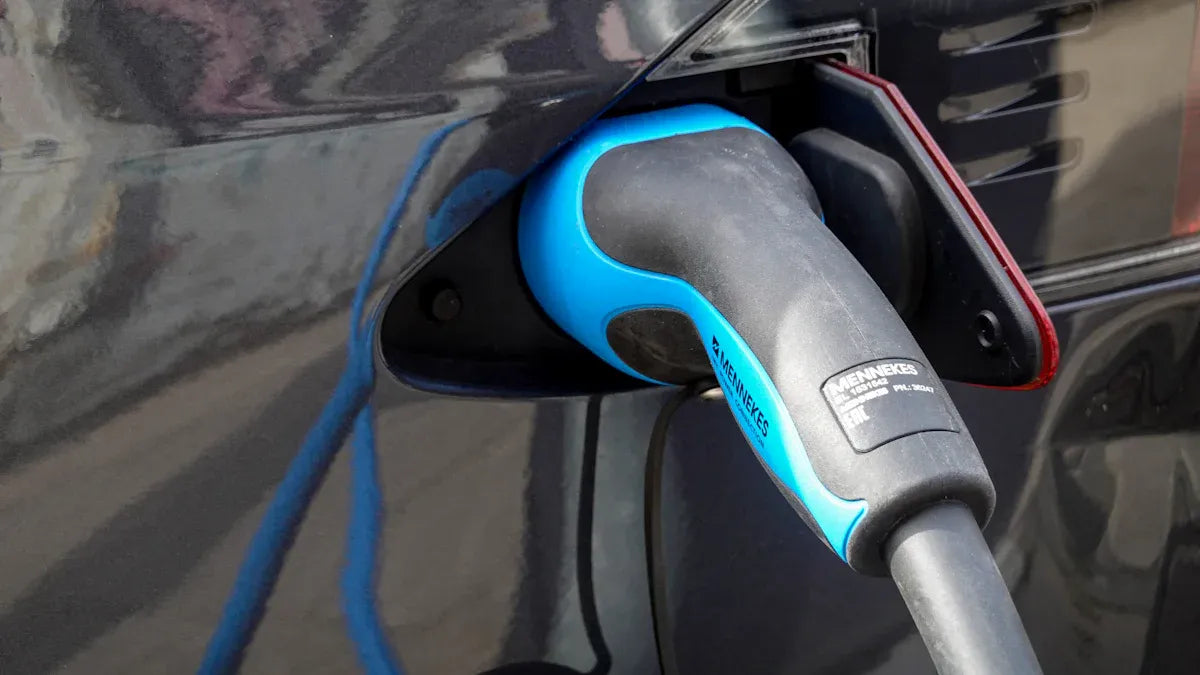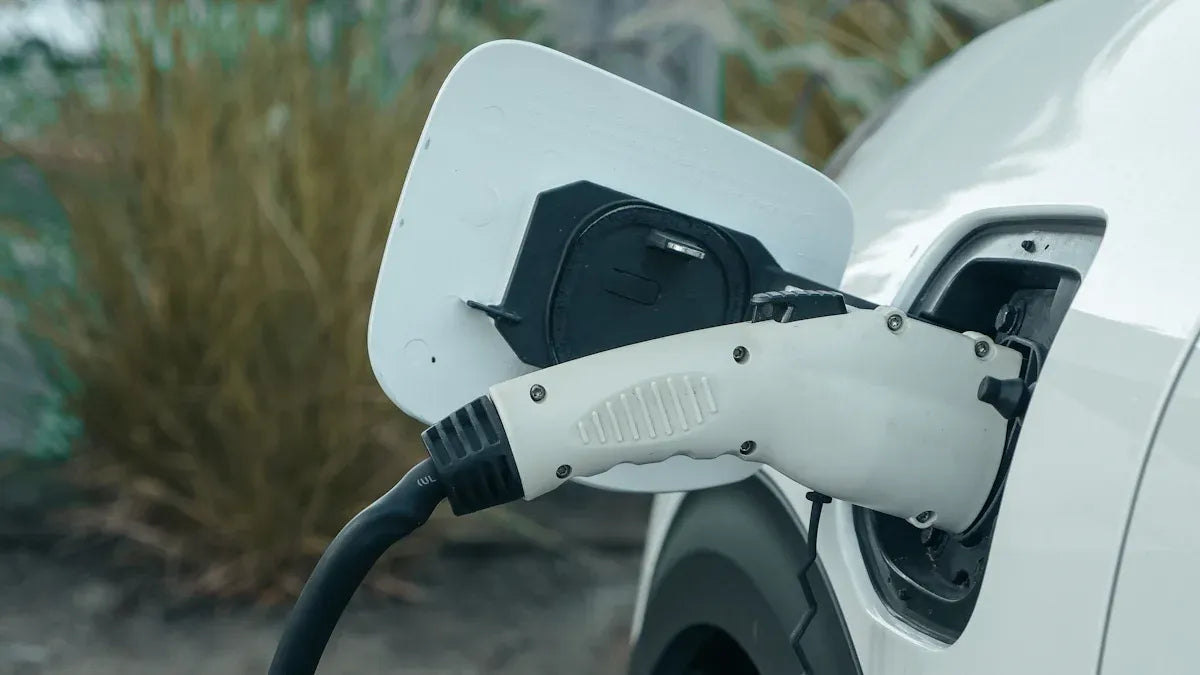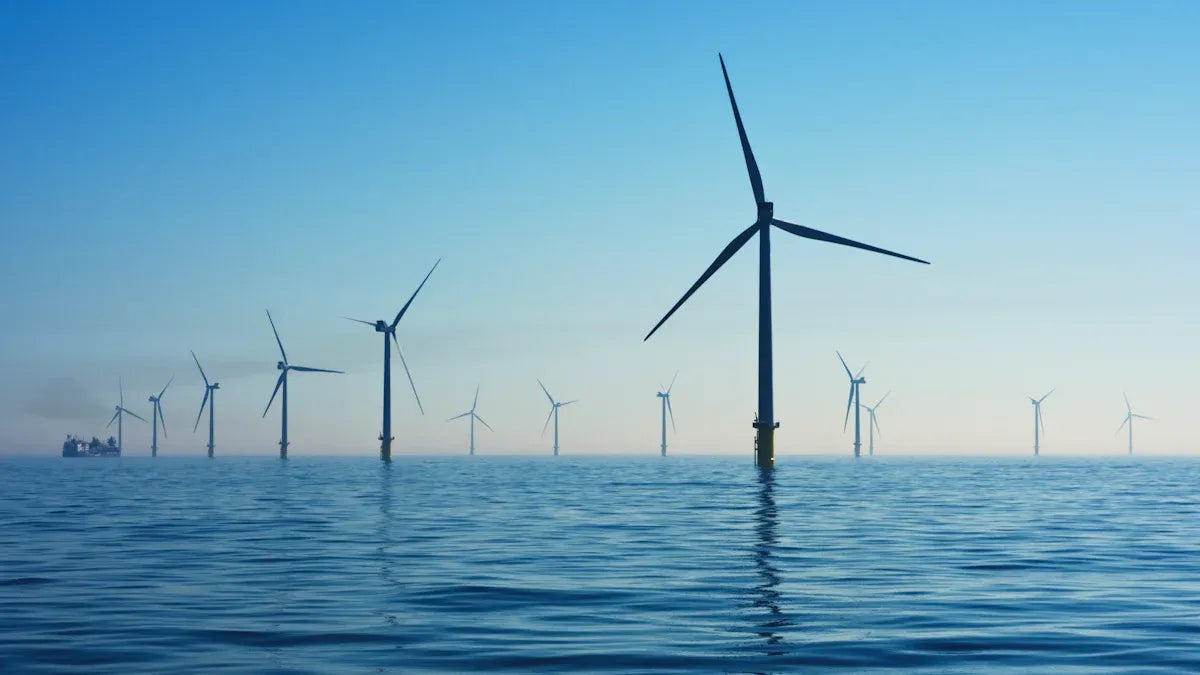CarbonXtreme Post
Creative Custom Car Paint Ideas to Transform Your Ride
Custom car paint is a fantastic way to enhance your vehicle’s look while reflecting your personal style. Whether you opt for iridescent finishes, retro-inspired designs, or minimalist monochromatic schemes, custom paint allows you to make your car unique. The choice between professional and DIY painting depends on your skills and budget, with professional upgrades ensuring precision and longevity. If you choose to go the DIY route, be sure to avoid common mistakes like skipping surface prep or using low-quality tools.
Carbon Footprint of Electric Vehicles vs Gas Cars
Electric vehicles (EVs) have a significantly smaller carbon footprint compared to gasoline cars, mainly due to lower operational emissions. However, their manufacturing, particularly the production of lithium-ion batteries, involves more emissions initially. Despite this, EVs become more environmentally friendly over time, with a break-even point of around 21,300 miles of driving. The energy source used to charge the EV plays a critical role in its overall emissions, with renewable energy sources leading to much lower carbon emissions. Charging during off-peak hours and supporting clean energy policies further reduce EVs' environmental impact.
Do EV-Specific Tires Outperform Standard Tires?
Selecting the best tires for electric vehicles (EVs) involves considering factors such as energy efficiency, noise reduction, and durability. EV-specific tires are designed to lower rolling resistance, enhancing battery range and performance. These tires also reduce road noise, which is more noticeable in EVs due to the absence of engine sounds, and improve safety with better grip and shorter stopping distances. While they may have a higher upfront cost, their energy efficiency and long lifespan provide significant savings in the long term. Evaluating your driving habits, vehicle type, and manufacturer recommendations helps you choose the most suitable tires for your EV.
How Do Electric Cars Achieve Lightning-Fast Speeds
Electric vehicles (EVs) achieve remarkable speed and acceleration due to instant torque, high-performance motors, and advanced battery technology. These innovations enable EVs to accelerate faster than traditional gasoline-powered vehicles, with some models reaching 0-60 mph in under two seconds. Key factors driving EV speed include the simplicity of single-speed gearboxes, all-wheel-drive systems for enhanced traction, and cutting-edge battery technology like solid-state cells. These advancements make EVs not only fast but also highly efficient, with future developments promising even faster, more sustainable performance.
The Role of EV Electrical Systems in Audio Performance
Electric vehicles (EVs) have significantly impacted interior audio design, creating both challenges and opportunities for engineers. The quieter cabins of EVs enhance the listening experience by highlighting subtle sounds, but road and wind noise become more noticeable. To address these challenges, engineers are integrating technologies like Active Noise Cancellation (ANC), advanced sound calibration, and AI-driven audio optimization. Additionally, innovations in materials and power management are improving sound quality while reducing energy consumption. The future of EV audio systems is focused on enhancing user experience through eco-friendly designs and adaptive sound systems.
Key Maintenance Tips for Hybrid Engines Every Driver Should Know
Maintaining your hybrid car is essential for optimal performance, cost savings, and environmental impact. Regular care of components like the engine, tires, fluids, and battery can significantly improve fuel efficiency, extend your car’s lifespan, and reduce emissions. By following essential maintenance practices such as monitoring tire pressure, changing oil regularly, and optimizing regenerative braking, you can enhance your hybrid car’s performance while contributing to a cleaner environment.
What Equipment Upgrades Improve EV Charging Speed
Upgrading your electric vehicle (EV) charging infrastructure with high-power cables, smart energy management systems, and DC fast chargers can drastically reduce charging times and improve efficiency. These advancements ensure faster, more accessible charging, which is crucial for the growing EV market. Smart charging solutions, including load balancing and integration with renewable energy, also enhance grid stability and reduce costs. By investing in these technologies, you not only future-proof your setup but also contribute to a sustainable energy ecosystem.
How to Fine-Tune an Electric Car for Better Efficiency
Fine-tuning your electric vehicle (EV) can significantly improve its efficiency and performance. Key strategies include optimizing software settings, upgrading hardware components like tires, and adopting energy-efficient driving habits. Regular battery maintenance, monitoring tire pressure, and using lightweight materials further enhance vehicle efficiency. Advanced technologies, such as regenerative braking and AI-driven charging, can maximize range while reducing energy consumption. Whether through software updates, hardware modifications, or thoughtful driving, you can achieve a more sustainable and cost-effective EV experience.
Integrating EVs with Smart Grids for Smarter Energy Use
Smart grid integration with electric vehicles (EVs) offers transformative potential for energy management. It optimizes energy use, enhances grid stability, and supports renewable energy goals. Through technologies like Vehicle-to-Grid (V2G), smart charging, and real-time analytics, EV owners can actively contribute to a sustainable energy future while reducing costs. As the adoption of EVs grows, smart grids play a crucial role in handling increased energy demand, facilitating efficient power delivery, and reducing carbon emissions.



